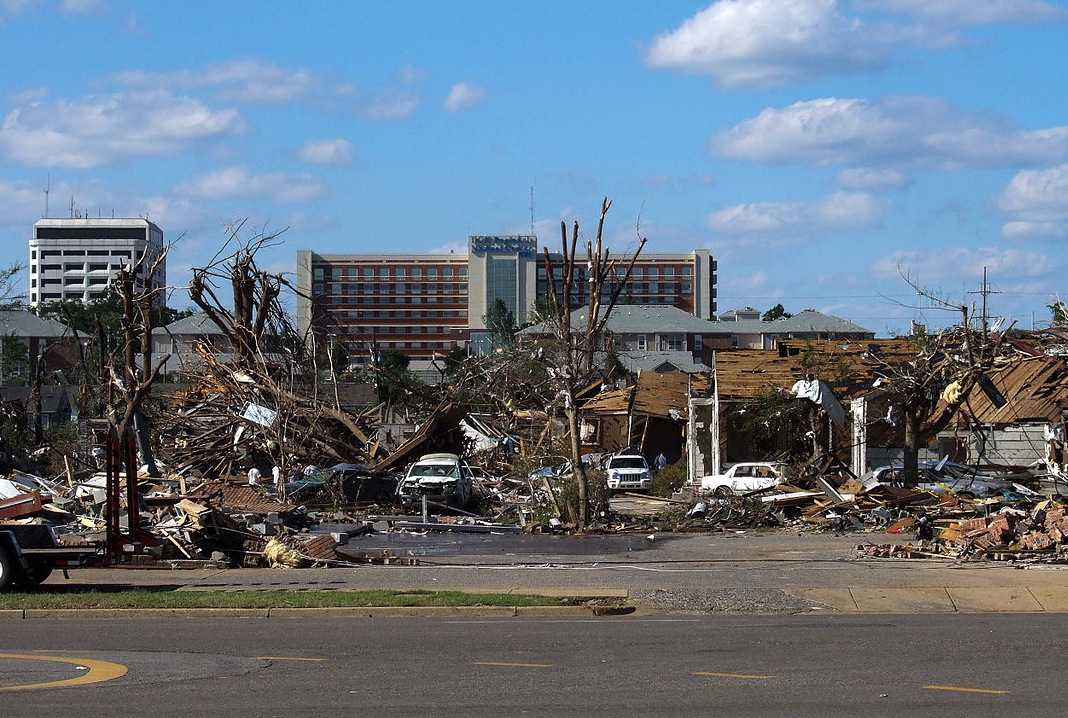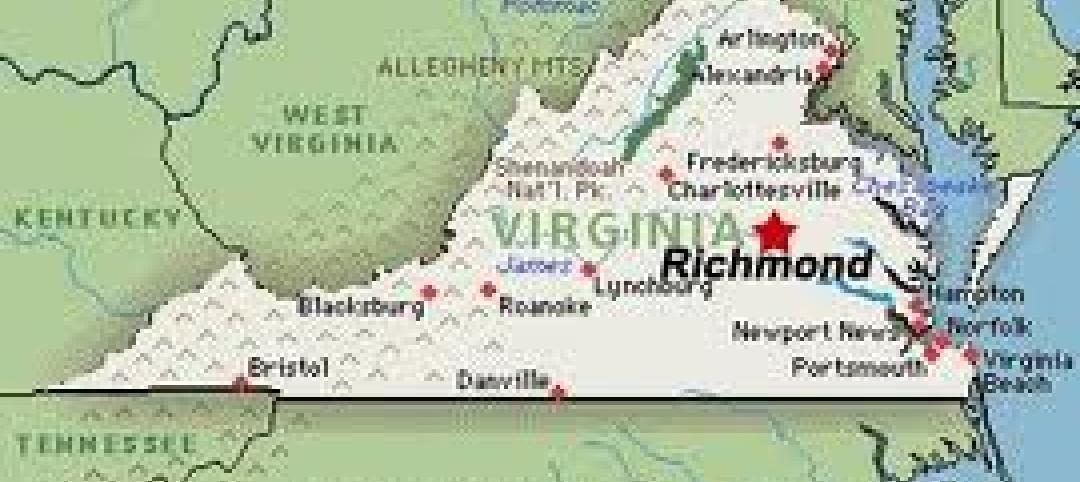Architect Butch Grimes, who examined the wreckage after a half-mile tornado struck Tuscaloosa, Ala., believes toughening building codes can reduce damage from twisters.
“The damage we had on the edges [of the tornado] could have been avoided with simple construction techniques,” Grimes told Scientific American.
The strongest hurricane winds on the coast can reach 180 mph, while the strongest tornadoes, category EF-5, have wind speeds of 200 to 250 mph. Tornadoes that strong are rare, with more common lower-category EF-2 or EF-3 tornadoes having wind speeds in the 100- to 150-mph range. The lower wind speeds, around hurricane strength, are most common on the edge of tornadoes.
“It’s probably not practical to design for EF-5 damage,” Grimes said. Weaker storms, however, can and should be designed for as coastal areas have been doing for years, he said.
Hurricane clips are one potential quick fix. In Alabama, the clips are required for buildings built within 5 miles of the Gulf of Mexico but remain optional farther inland. Reinforced windows could be another effective measure.
(http://www.scientificamerican.com/article/tornado-survival-could-improve-with-better-building-codes/)
Related Stories
| Feb 23, 2012
Federal budget cuts put major building projects on hold
A plan to build the National Bio and Agro-Defense Facility in Kansas is among several major building projects in jeopardy after the Obama administration’s 2013 budget was unveiled. The budget would cut all construction spending for the facility.
| Feb 23, 2012
Federal agencies fixed on leasing LEED-certified space
The federal government is especially focused on renting LEED-certified spaces.
| Feb 23, 2012
Regulators investigating construction accident at World Trade Center
The New York Port Authority and the city’s fire and building departments are investigating an accident at the World Trade Center construction site in lower Manhattan after a crane dropped steel beams that fell about 40 stories onto the truck that delivered them.
| Feb 23, 2012
New Virginia statewide building code goes into effect March 1
After March 1, all building plans in Virginia must adhere to the 2009 code that was adopted a year ago.
| Feb 23, 2012
Privatizing flood insurance could lead to new code requirements
One thing that could pave the way toward private flood insurance would be NFIP reforms, like requiring new construction in flood-prone areas to be elevated.
| Feb 22, 2012
ACI BIM manual for cast-in-place concrete in development
The improved communication, coordination, and collaboration afforded by BIM implementation have already been shown to save time and money in projects.
| Feb 20, 2012
Comment period for update to USGBC's LEED Green Building Program now open
This third draft of LEED has been refined to address technical stringency and rigor, measurement and performance tools, and an enhanced user experience.
| Feb 20, 2012
GAF introduces web portal for architects and specifiers
The new portal offers a clean look with minimal clutter to make it easier to find the technical information and product data that architects need.















